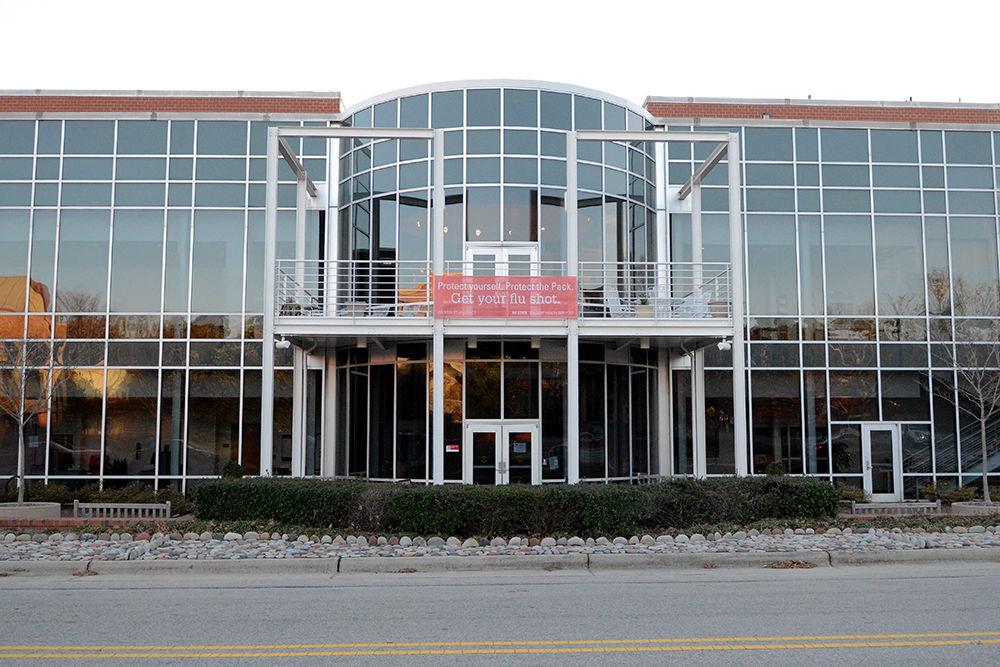In lieu of in-person services, the Counseling Center is offering online sessions and groups to serve students during COVID-19.
Mary Chamblee, marketing and communications specialist for the counseling center and prevention services, said online sessions are the safest way they can provide services..
“Many of our offices are less than six feet at all, much less can you sit six feet from someone else,” Chamblee said. “And while there definitely is a component of tele-therapy that can feel less personal, it’s still incredibly more personal than having to sit with a mask or plexiglass between you and your therapist.”
While there are less workshops available than usual, many, such as Anxiety Toolkit and Getting Unstuck, are still in use. Additionally, individual therapy sessions, psychiatry sessions and group spaces are still available.
The counseling center offers same-day access to virtual services. A student can call the center’s front office and be sent a link to initial paperwork. Upon completing the paperwork, the student will be sent a Zoom link to a triage counselor virtually.
Monica Osburn, executive director of counseling center and prevention services said technology is a major factor in the staff’s ability to continue offering services.
“We have adapted very well with the support of technology to assure that students have the resources that they needed in this environment,” Osburn said.
She also emphasized the importance of mental health services amid the COVID-19 pandemic and other current events.
“All of the things that are happening in our world currently are having significant mental health impacts, and COVID-19 is definitely one of those factors,” Osburn said. “When folks are needing to isolate for their health, that does have potential implications for their mental health, and being able to connect with a clinician virtually can create a supportive environment to help them through that.”
Counseling services require a one-time fee of $60. During a regular semester, the fee is covered by tuition, but is not currently because the summer sessions have become entirely virtual. Students can seek assistance in covering the fee through the Student Emergency Fund, according to Chamblee.
Online group drop-in spaces are available for students who do not want to pay the fee or are looking for less formal options. There are seven drop-in spaces being offered, and new spaces being created in response to the death of George Floyd and racial tensions in the United States.
“There are a few more in the works regarding racial trauma that are coming up,” Chamblee said. “I would really encourage students to go to the drop-in spaces.”
Student usage of the counseling center has remained relatively unchanged in a virtual environment compared to when services were face-to-face, according to both Chamblee and Osburn.
There is a “good amount of availability” for students seeking counseling over the summer, Chamblee said.
There are not yet any concrete plans for how the counseling center will function during the fall semester.
“We totally understand that times like this are stressful for a variety of reasons,” Chamblee said. “There’s a lot going on in the world, but we want to be there for students, and we want to continue to show up for them and really encourage them to come virtually see us.”
Learn more about the counseling center or make a virtual appointment on their website.








